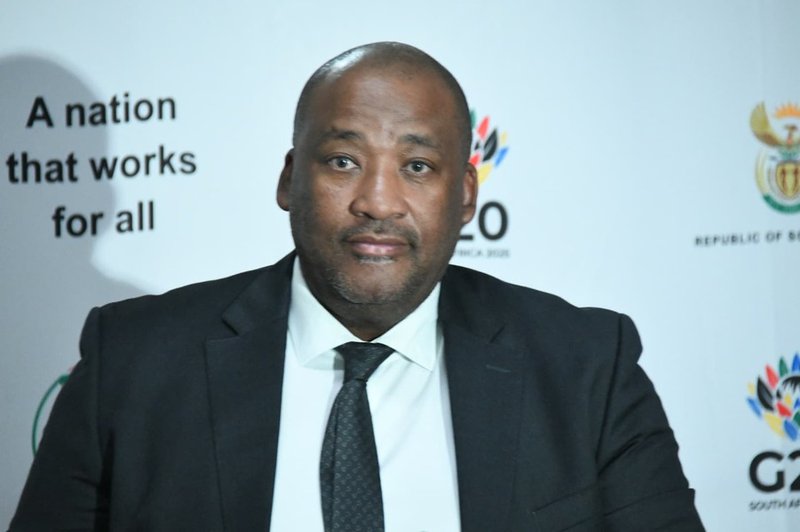News
McKenzie Challenges SAHRC Over Alleged Hate Speech Claims

McKenzie Pushes Back Against SAHRC Allegations
Arts and Culture Minister and Patriotic Alliance leader Gayton McKenzie is taking a firm stand against the South African Human Rights Commission (SAHRC) after allegations emerged accusing him of hate speech and xenophobic remarks dating back to 2011.
McKenzie received a formal letter from the SAHRC, outlining prima facie violations of the Promotion of Equality and Prevention of Unfair Discrimination Act (PEPUDA). However, he says he only became aware of the allegations after the media reported on them, claiming the commission went public before granting him a hearing.
Minister Denies Racism Allegations
In a detailed statement, McKenzie refuted the claims, arguing that his social media posts, which the SAHRC highlighted, were anti-racist in nature and intended to challenge discrimination rather than promote it.
“Not one of my tweets demonstrates any intention to harm, incite harm, or promote hatred. Instead, they reflect my consistent anti-racist stance,” McKenzie said.
He criticized the SAHRC for acting as judge, jury, and executioner, accusing the body of relying on social media and political rivals rather than investigating or engaging him directly.
“The posts span over a decade and consistently demonstrate my non-racial ethos: rejecting slurs, challenging stereotypes, defending dignity, and promoting unity,” McKenzie added.
SAHRC Responds
SAHRC spokesperson Wisani Baloyi stated that the commission has not yet finalised its decision and will respond fully once the process concludes. The body emphasized that the preliminary letter is part of a formal procedure under PEPUDA and does not constitute a verdict.
Legal Experts Weigh In
Advocate Rod Solomons, convenor of the SA1st Forum, noted that the SAHRC operates under a constitutional mandate and its processes must be respected.
“If McKenzie is confident, he should present his case during the hearing. The SAHRC has not found him guilty; it is only assessing whether his statements meet the constitutional test for hate speech,” Solomons said.
Public Reaction and Political Context
Social media has reacted sharply to the saga, with discussions split along political lines. Some users argue that public figures like McKenzie must be held accountable for past statements, while others defend his right to challenge the SAHRC and insist his posts were misinterpreted out of context.
The case also highlights the complex relationship between social media, politics, and South Africa’s legal framework on hate speech, especially in an era where historical comments are scrutinized under contemporary standards.
What’s Next
McKenzie has until the commission’s deadline to formally respond, setting the stage for a potential hearing under PEPUDA. The case is likely to reignite national debate over freedom of speech, accountability for public figures, and the limits of social media expression in South Africa.
For now, McKenzie has made it clear he intends to fight the allegations, framing the issue as one of principle, fairness, and procedural justice rather than personal wrongdoing.
{Source: IOL}
Follow Joburg ETC on Facebook, Twitter , TikTok and Instagram
For more News in Johannesburg, visit joburgetc.com



























